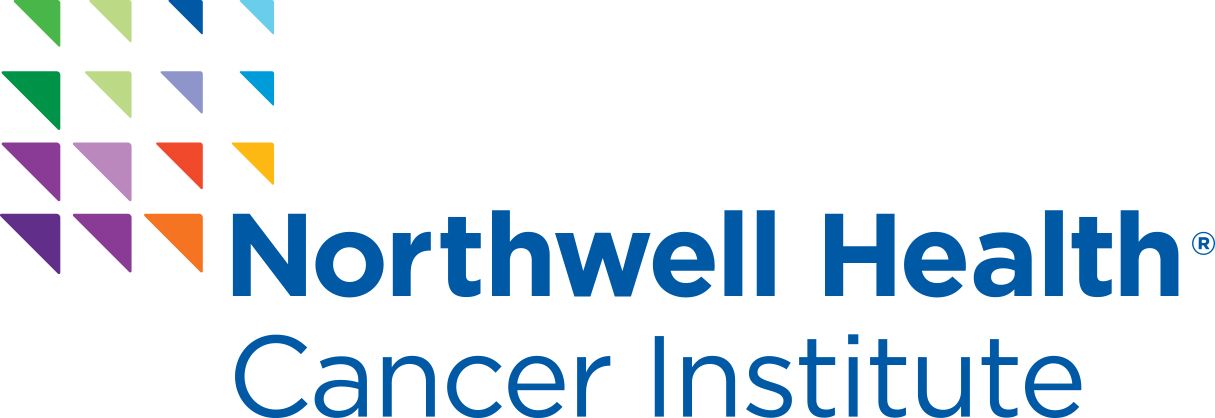
Dr. Philip on the Efficacy of TAS-102 in mCRC

Tony Philip, MD, discusses the efficacy of trifluridine/tipiracil in patients with metastatic colorectal cancer who are ineligible for intensive treatment.
Tony Philip, MD, a medical oncologist at Monter Cancer Center of the North Shore, LIJ Cancer Institute, and an assistant professor of medicine at Hofstra-North Shore LIJ School of Medicine and New York Institute of Technology College of Osteopathic Medicine, discusses the efficacy of trifluridine/tipiracil (TAS-102; Lonsurf) in patients with metastatic colorectal cancer (mCRC) who are ineligible for intensive treatment.
TAS-102 is often utilized as a last resort treatment for patients with mCRC. Although the agent is generally thought to be well tolerated, given its approval for use in the fourth- or fifth-line setting, some may not consider it to be as effective as desired, according to Philip.
TAS-102 presents an option for patients who are ineligible for intensive therapy and could be superior to previous standard treatments for this population, without any added toxicity, Philip says. This option is for patients who aren't able to tolerate multiagent chemotherapy regimens, Philip concludes.




































